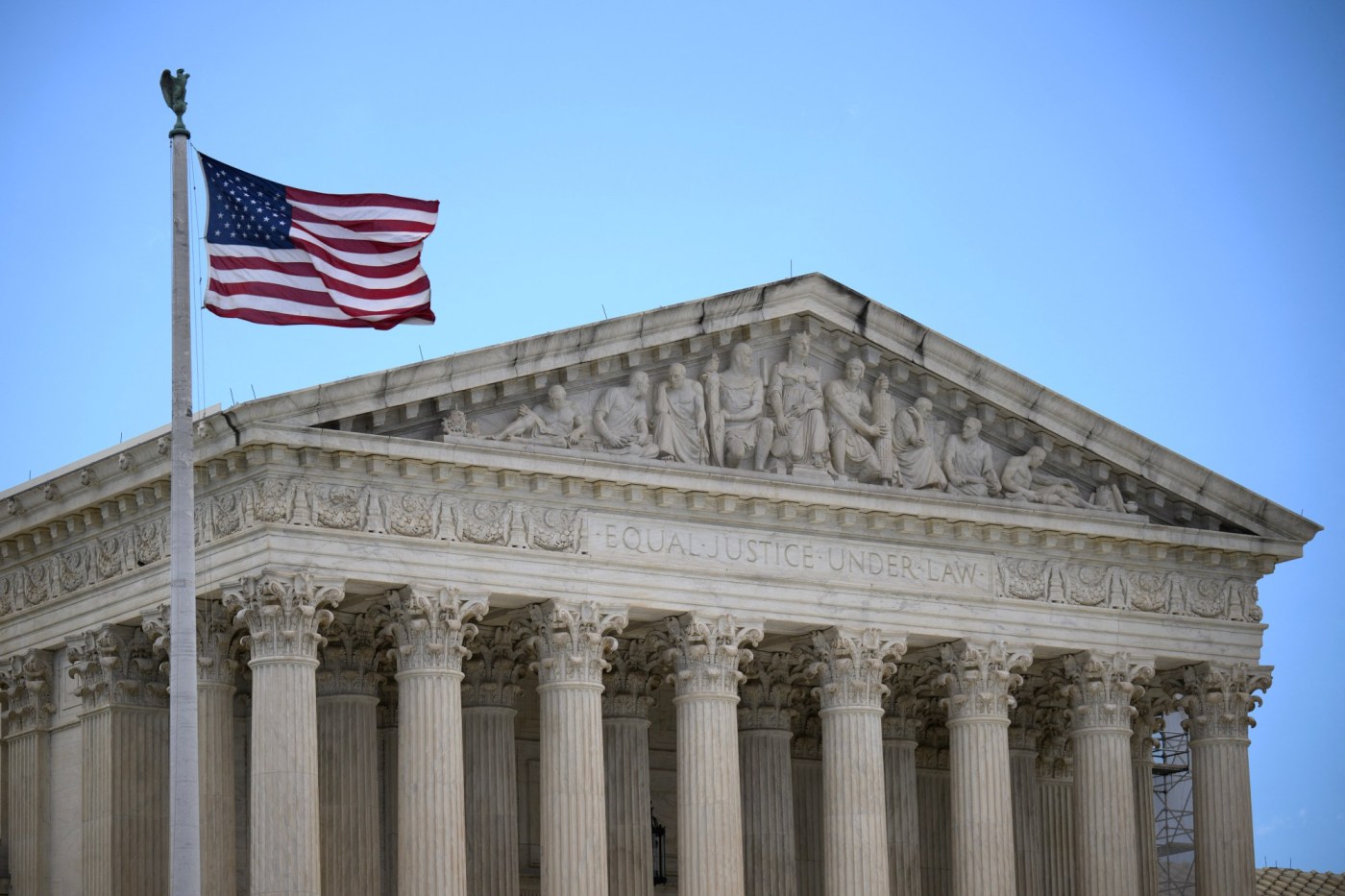By Sam Taube | NerdWallet
The investing information provided on this page is for educational purposes only. NerdWallet, Inc. does not offer advisory or brokerage services, nor does it recommend or advise investors to buy or sell particular stocks, securities or other investments.
What do fishing, air pollution and Bitcoin have in common? Maybe just one thing: Until recently, they were all regulated by a powerful legal doctrine known as Chevron deference.
But in late June, a fishing-related Supreme Court case, Loper Bright Enterprises v. Raimondo, brought an end to Chevron deference. Experts say the decision could cause substantial changes to financial rules — especially when it comes to cryptocurrency. Here’s what investors should know.
What was Chevron deference?
The term “Chevron deference” comes from a 1984 Supreme Court case, Chevron U.S.A. Inc. v. Natural Resources Defense Council Inc. That case hinged on whether the Environmental Protection Agency (EPA) was allowed to modify factory emissions regulations that were derived from a broadly worded air pollution law.
The court upheld the modified regulations, creating a “Chevron doctrine” under which judges had to defer to the expertise of federal agencies such as the EPA when those agencies issued, changed or enforced regulations based on ambiguous laws.
Jeff Sovern, a professor of consumer law at the University of Maryland Carey School of Law, summarizes Chevron deference this way:
“Congress writes statutes, and they can’t predict everything. No one can. So they leave gaps; they’re human. Somebody has to fill in those gaps. And under Chevron, if there were gaps, it was largely up to the administrative agencies,” Sovern says.
Over the past 40 years, Chevron deference has been used in over 19,000 federal court cases, and Congress has passed broadly worded laws with the expectation that Chevron deference would allow agencies to interpret them into specific regulations.
But on June 28, the Supreme Court ruled against a federal agency regulation on fishing boats in Loper Bright Enterprises v. Raimondo, bringing Chevron deference to an end. Federal agencies no longer have the power to enforce regulations based on their interpretations of ambiguous laws. They can only regulate when their rulemaking powers are explicitly defined by law, either by Congress or by a federal judge.
Financial regulations could loosen
Chevron deference was a load-bearing legal principle in many federal regulations, and its disappearance has the potential to roll back a variety of financial rules.
Sovern says that the full impact of Loper Bright on financial regulations is unclear. Some agencies, such as the Consumer Financial Protection Bureau (CFPB), have congressionally defined powers to make “appropriate” rules, and those rules might still hold up in court post-Loper Bright.
But that might not always be the case. For example, a federal judge in Texas has already referenced Loper Bright in an order that could potentially overturn the Federal Trade Commission’s recent ban on noncompete agreements.
According to Alex Alben, a professor at the UCLA School of Law and former chief privacy officer for the state of Washington, cryptocurrency is another area of financial regulation that could see a lot of changes because of Loper Bright.
“In cases such as the regulation of cryptocurrencies, where there are very few laws, and there are even very few agency interpretations — in those fields, we’ve definitely seen a power shift from the agencies to the courts,” Alben says.
Crypto rulemaking is up to Congress now
Congress has passed laws regarding the taxation of cryptocurrency, and it has debated several bills that would explicitly define a regulatory framework for digital assets.
Related Articles
Bay Area’s best milkshakes: Here are 9 places to try this summer
Disneyland unions vote overwhelmingly to authorize strike
Jill On Money: Still coping with inflation
California’s power grid stood up to a recent heat wave but summer is far from over
Here’s how technology’s tumble cooled California’s growth
But most crypto regulation today consists of agencies like the Securities and Exchange Commission (SEC) and the Commodity Futures Trading Commission (CFTC) enforcing rules based on their interpretations of their broad jurisdiction over financial markets. Without Chevron deference, many of those rules may not survive legal challenges.
Some cryptocurrency experts say that crypto can still be regulated post-Loper Bright; Congress just has to pass laws clearly defining those regulations.
“It creates an obligation for Congress to create actual rules that apply to this industry and pass new laws for a new technology. So it makes it more of a political issue than a bureaucratic one,” says Alexander Blume, CEO of Two Prime, a digital asset-focused registered investment advisor.
Blume says that in the short term, Loper Bright may turn the tide in favor of crypto companies in certain regulatory situations. For example, Uniswap, a developer of decentralized crypto exchange software, is facing legal action from the SEC, which regards it as an unregistered securities exchange and broker that may be violating federal securities laws.
The SEC has indicated that it may press charges against Uniswap, which has been the subject of class action lawsuits by investors who have lost money buying scam tokens on its software.
But last week, Uniswap’s legal counsel sent an open letter to the agency questioning its jurisdiction in the matter, in light of Loper Bright and the lack of clear laws that apply securities regulations to cryptocurrency.
For investors, buyer beware could be the new normal
“I see positives and negatives of this ruling, with respect to financial markets. I think we will have more innovation and more creativity in financial markets,” Alben says.
Many crypto investors are anticipating the approval of Ethereum exchange-traded funds (ETFs) as soon as this month. Blume says Loper Bright could mean that staking (an interest-like reward system by which Ethereum holders earn new Ether coins over time) could be added to crypto ETFs “sooner rather than later,” although the current crop of Ethereum ETF candidates doesn’t have staking features for SEC compliance reasons.
The end of Chevron deference is “an anti-regulation ruling by the court,” Alben says. Less regulation may give investors more choice in what kinds of investments they can buy — but it also may leave investors more vulnerable to losing their money on potentially fraudulent or otherwise inadvisable investments.
“We’re probably going to have riskier environments for investors, who will need to educate themselves about the levels of risk that they’re taking, and do their homework before they make any kind of speculative investment,” Alben says.
The author owned Bitcoin at the time of publication.
More From NerdWallet
My Path to Generational Wealth: Take an All-Hands-on-Deck Approach
Social Security Finances Remain Dire, Report to Congress Reveals
Is Financial Trauma Holding You Back From Living Your Best Life?
Sam Taube writes for NerdWallet. Email: staube@nerdwallet.com. Twitter: @samuel_taube.
The article The End of Chevron Deference Is a ‘Power Shift’ for Investors originally appeared on NerdWallet.












